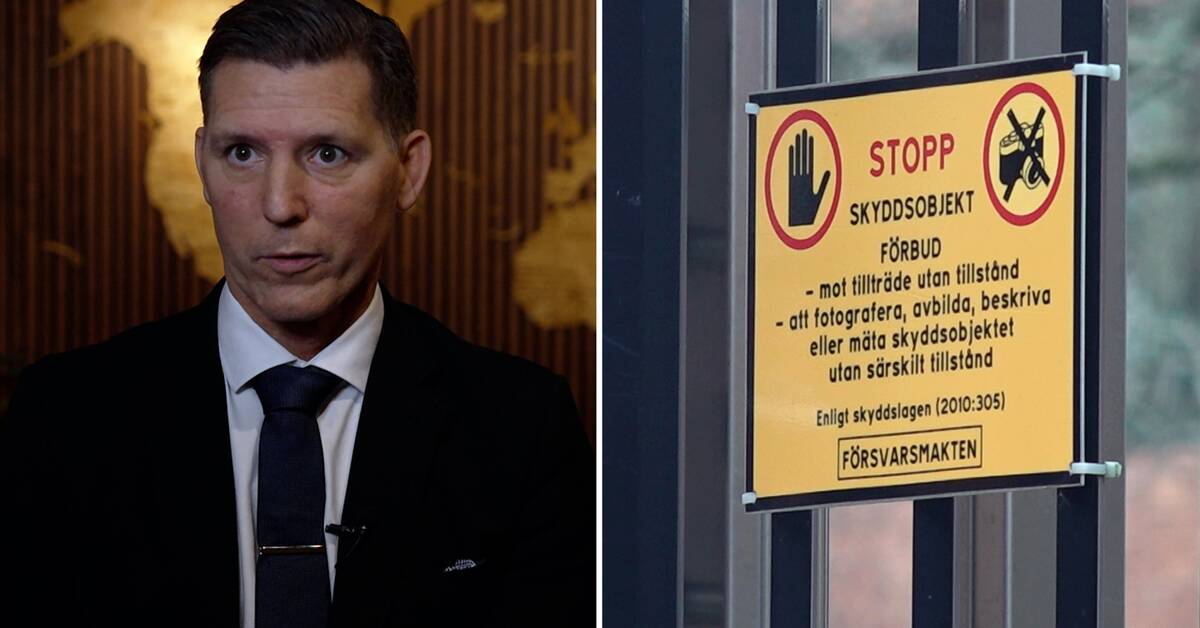On the night of March 13, 2014, the now-convicted spy Peyman Kia is at his former workplace at the Armed Forces, where he works with intelligence activities.
He will leave there later that month, to return to his former workplace at Säpo.
Between 00:42 and 00:49 that night, he opens six classified documents that he is not authorized to see.
This is clear from the verdict in the Stockholm District Court, where Peyman Kia has been sentenced to life imprisonment for aggravated espionage.
His younger brother Payam Kia has also been sentenced for aggravated espionage to prison for nine years and ten months.
The expert: "Should have reacted"
This event occurs three years before Säpo receives intelligence information that an insider has offered secret information to Russia, and a preliminary investigation begins.
Could the gross espionage have been detected already in 2014?
- It is not certain that there were data-based ways to detect it, in 2014 it was quite unusual.
But I can think that you should have reacted to the fact that you are in late at night in connection with the fact that you have to quit and also take out sensitive documents, says Marcus Murray, cyber security expert at the company Truesec.
The armed forces do not want to comment
During the week, SVT Nyheter asked the Armed Forces for an interview and, among other things, asked questions about the incident with the nighttime visit to the workplace.
On Friday, a written response was received in which the authority's press service writes, among other things, "exactly how we work and what routines we have is not something we can communicate externally".
Therefore, questions about the incident in 2014 cannot be answered, according to the Swedish Armed Forces.
Today, better systems for detecting unusual behavior are available for authorities and companies that handle secret and sensitive information, says Marcus Murray.

